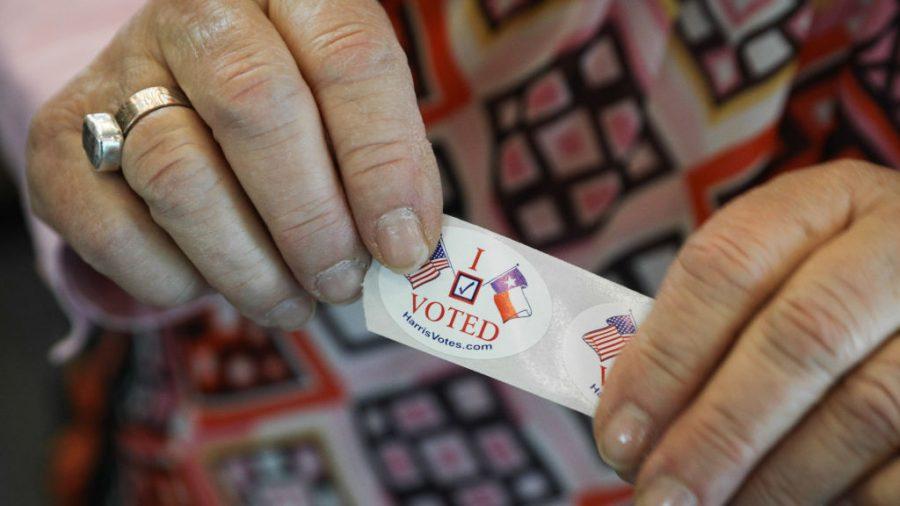The trial for the first of almost two dozen lawsuits attempting to nullify election results in Texas’ most populated county began in a Houston courtroom on Aug. 1.
Attorneys are claiming that issues with the midterm elections in November endangered their client’s chance at becoming a district court judge.





